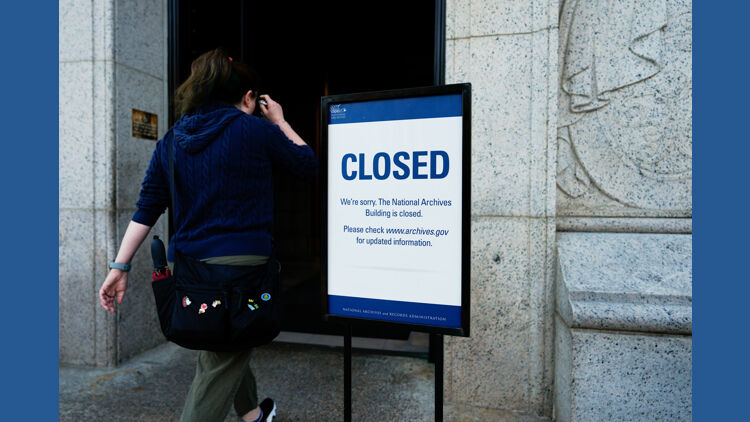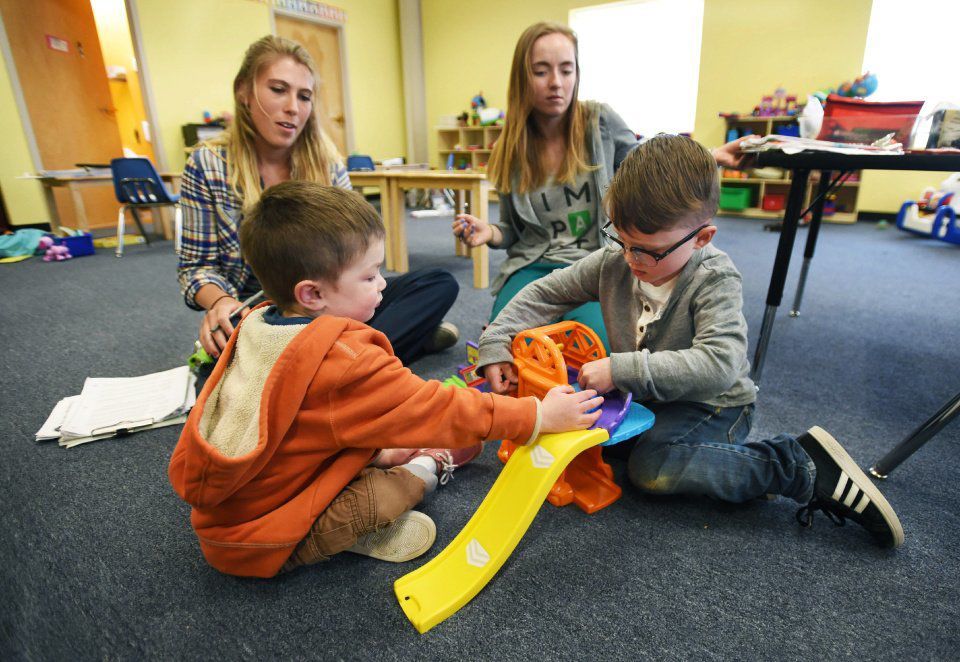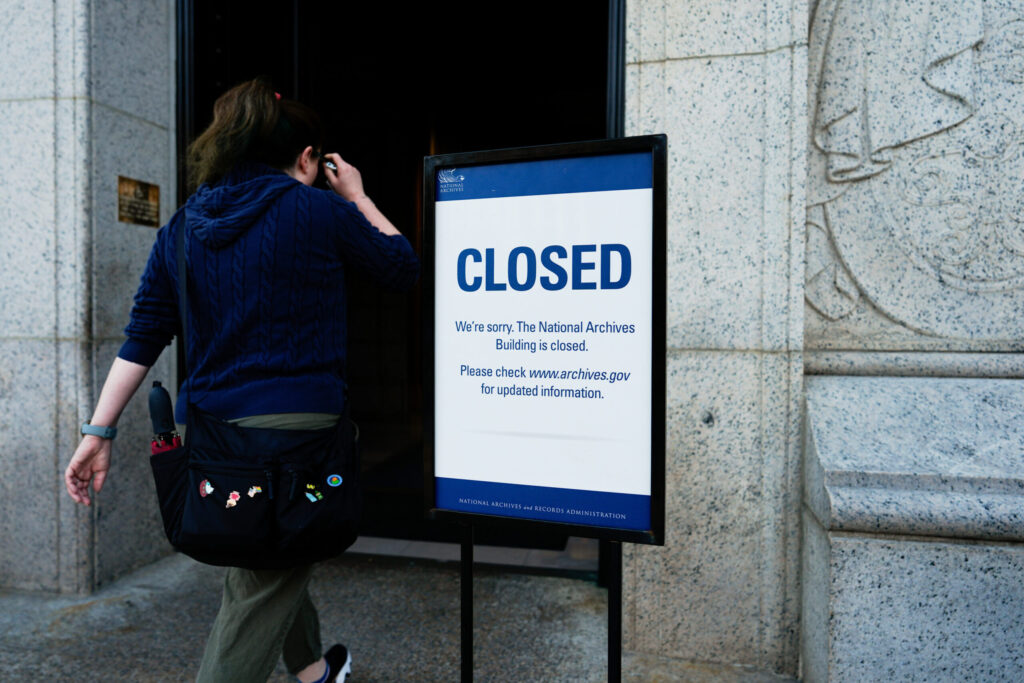Full-day kindergarten bills tangled up in TABOR debate

A Republican House bill and a Democratic Senate bill that take different approaches to funding statewide full-day kindergarten are going nowhere at the Capitol.
Tied up in larger funding discussions, the ambitious bills have attracted attention in a year when legislative leaders on both sides of the aisle have underlined the need to prioritize education spending, especially for rural school districts that suffer the most from the funding cuts and shortages that come year after year.
The Republican-controlled Senate State Affairs Committee killed Lakewood Democratic Sen. Andy Kerr’s SB 23 on a party line vote Monday.
Kerr’s bill would have placed a referendum on the ballot this year asking voters to allow the state to keep money above the limits put in place by the Taxpayer Bill of Rights and Referendum C.
Kerr later amended the bill to say that any money retained by the state through the referendum would first go to pay down the roughly $1 billion education budget “negative factor” that has seen inequities in school funding skyrocket. After the negative factor is paid, tax money collected would be used to fund statewide full-day kindergarten.
“We’ve heard from districts that they want to take care of the negative factor,” Kerr told the committee members. “If we can begin to make in-roads, then we’re prepared to have a conversation about full-day kindergarten. We get one step closer to seeing it become a reality.”
Sen. Jerry Sonnenberg, R-Sterling, said he thought the bill was misguided. Before voting against it, he criticized the Legislature for failing to prioritize education spending and he mentioned a bill he sponsored last year, HB 1058, that failed to pass but that aimed to earmark any surplus general fund money for education.
“This bill defeats the purpose,” Sonnenberg said. “We could do things and make education a priority without thumbing our nose at TABOR.”
Lawmakers have married education spending to TABOR in clashes at the Capitol that began even the week before the session opened in January.
Democrats are preparing to bring a bill that would recast the state’s hospital provider fee as an enterprise fund, a move that would add hundreds of millions of dollars into the general fund to spend on state programs, including education. The plan has been staunchly opposed by Republicans who think it undercuts TABOR through what they have characterized as an accounting trick.
Sen. Matt Jones, D-Louisville, took issue with Sonnenberg’s remarks. The proposal does the opposite of “thumb its nose” at TABOR, he said.
“This is the essence of TABOR,” he said. “When you look at polling, this matters to people. This bill asks them to pay for something they care about. It’s a great way to help education and to give people a choice.”
Rep. Jim Wilson, R-Salida, decided against even including a funding source in his full-day kindergarten bill, HB 1022.
Although the bill passed the Democratic-controlled House Education Committee Monday, it faces a dim future in the Appropriations Committee in a year when the governor’s budget asks lawmakers to slash some $350 million.
Wilson has no illusions, but he said, taken together, some school districts are already paying more than $200 million to fund full-day kindergarten. If the state took up the responsibility across districts, it would free up district money to address other local needs, he said.
Kerr and Wilson each proposed similar legislation last year and said they have had discussions on the topic.
“I would be happy to be the Senate sponsor for (Wilson’s) bill,” said Kerr. “I just don’t know how it gets out of the House without some sort of funding mechanism.”
Wilson said the Democratic plan to rework the hospital provider fee won’t pay for full-day kindergarten.
“I think other people have their sights on those dollars,” he told The Statesman. “Everyone has their ‘priority’ funding goals, just like buzzards on roadkill — and funding full-day kindergarten isn’t on that list.
“People say we have a lot of priorities and having a lot of priorities means there’s no real priority, as I like to say. It’s time we start to identify the real priorities.”













